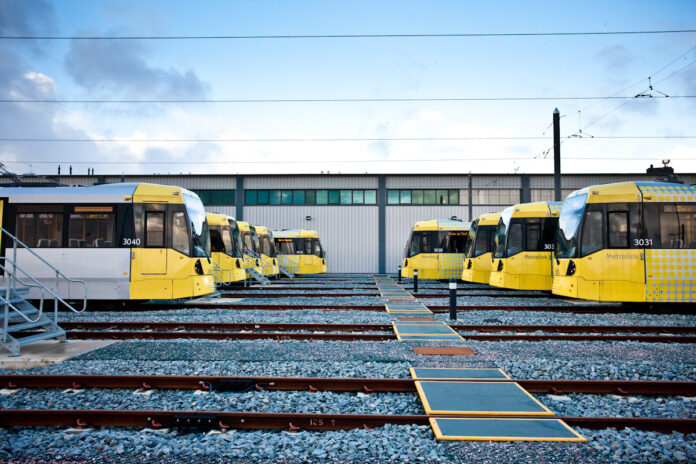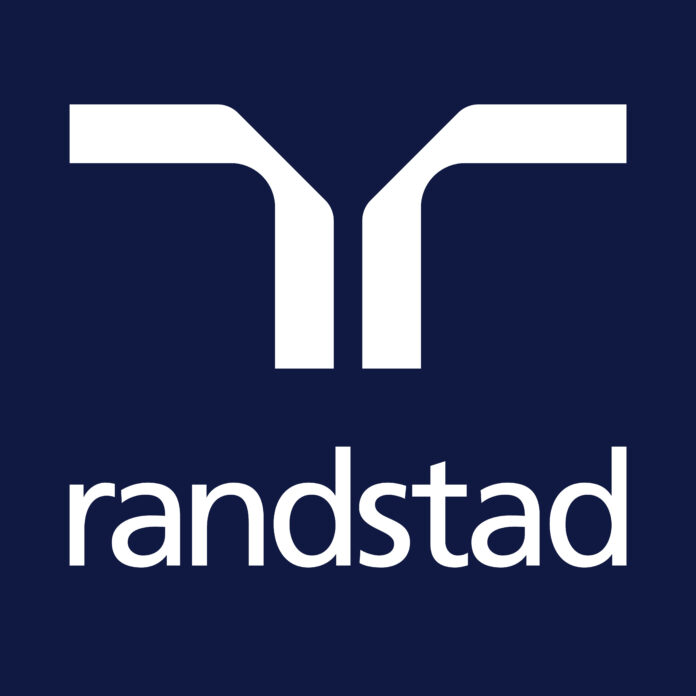Greater Manchester is set to achieve a groundbreaking milestone by delivering the UK’s first fully integrated, zero-emission public transport system by 2030, thanks to a substantial £2.5 billion government funding boost. The announcement was made by government ministers in Rochdale this morning, Wednesday 4th June, detailing Greater Manchester’s allocation from the ‘Transport for the City Regions’ funding.
Mayor Andy Burnham stated that this significant investment will enable the next phase of the Bee Network to be delivered at an “unrelenting pace.” Greater Manchester’s ambitious plans include:
- Creating an all-electric local public transport network: A fleet of a thousand new electric buses will form a 100% electric bus network serving its communities. Alongside trams powered by renewable energy and e-bikes for hire, this will deliver an entirely emission-free network, building on existing progress in cutting CO2 emissions and improving air quality.
- Integrating rail into the Bee Network: Local rail lines will be seamlessly joined with the Bee Network, making Greater Manchester the first area outside London to offer fully integrated bike, bus, tram, and train travel by the end of the decade. This move will also bring major improvements to stations, including making more of them fully accessible, and introducing capped fares.
- Delivering major projects to drive green growth: A pipeline of transformative transport projects is planned, including a tram line to Stockport and tram-train services connecting Oldham, Rochdale, Heywood, and Bury, alongside new Metrolink stops and modern new interchanges. These projects are designed to support the delivery of thousands of new homes, skilled jobs, and foster green economic growth.
This significant transport investment is deemed fundamental to sustaining the city-region’s economic growth rate, which has outstripped the UK’s average over the past decade.
Andy Burnham, Mayor of Greater Manchester, commented: “This is a game-changing moment that will underpin Greater Manchester’s green growth for years to come. Building on our strong track record, we can now move at pace to deliver the next phase of the Bee Network – creating the UK’s first fully electric, zero emission integrated public transport system by 2030. With a pipeline of major transport projects better connecting our towns and cities, and local rail lines brought into the Bee Network, our communities will be the first outside London to be served by fully joined-up bike, bus, tram and train travel. Greater Manchester has had a decade of growth faster than the UK average. This funding – together with our devolved decision-making powers – can be the key to unlocking even more growth in the decade to come. It’s a major boost for our own plans to deliver £10bn of investment over the next 10 years, build thousands of new homes, create skilled jobs, and open up new opportunities right across our city-region.”
The new funding is expected to continue delivering far-reaching benefits across all of Greater Manchester’s towns and cities, underpinning the city-region’s economic growth and providing tangible advantages for its communities. Key projects confirmed include:
- In Stockport, Greater Manchester will begin construction of a new Metrolink line, bringing Bee Network trams to the town centre.
- Oldham, Rochdale, Heywood, and Bury will be connected to each other as new tram-train services commence delivery.
- North Manchester, Bury, and Oldham will receive new Metrolink stops to support the creation of thousands of new homes.
- Leigh and central Manchester will see the creation of new transport interchanges, with Bury’s new – and the city-region’s first operationally carbon-neutral – interchange already completed.
- Across Greater Manchester, local rail services will be integrated into the Bee Network, fully joining up train travel with buses, trams, and active travel.
- Town centres across the city region (e.g., Ashton-under-Lyne, Bolton, Middleton, Stretford) will benefit from new public transport and active travel infrastructure to support ongoing regeneration.
The £2.5 billion is part of a wider package of investment Greater Manchester is seeking to fully realise its growth ambitions. The city-region aims to work collaboratively with the Government to explore new funding models for major transport and other infrastructure projects.
As part of next week’s Spending Review, there is also hope that the Government will back transformational schemes that extend beyond the city-region’s boundaries, including the newly proposed Liverpool-Manchester Railway. Continued revenue funding from government will also be crucial to support essential bus routes that serve as a lifeline to Greater Manchester’s communities and to further expand the Bee Network, connecting more places by bus and boosting passenger numbers.
Greater Manchester is already demonstrating significant progress in creating a cheaper, cleaner, greener, and safer public transport network. Just this week, Transport for Greater Manchester completed work on the city-region’s first all-electric bus depot in Ashton. Now home to more than 80 zero-emission buses, it means 14 more bus routes across the city-region are now serviced by cleaner electric vehicles. This is just one example of how the Bee Network is transforming how people get around, with lower, capped fares across bus and tram and improvements made to more than 75 services, helping to reverse decades-long decline in bus usage with rapidly growing numbers of passengers benefiting from a more reliable, affordable, and integrated public transport network.
Image credit: TfGM





